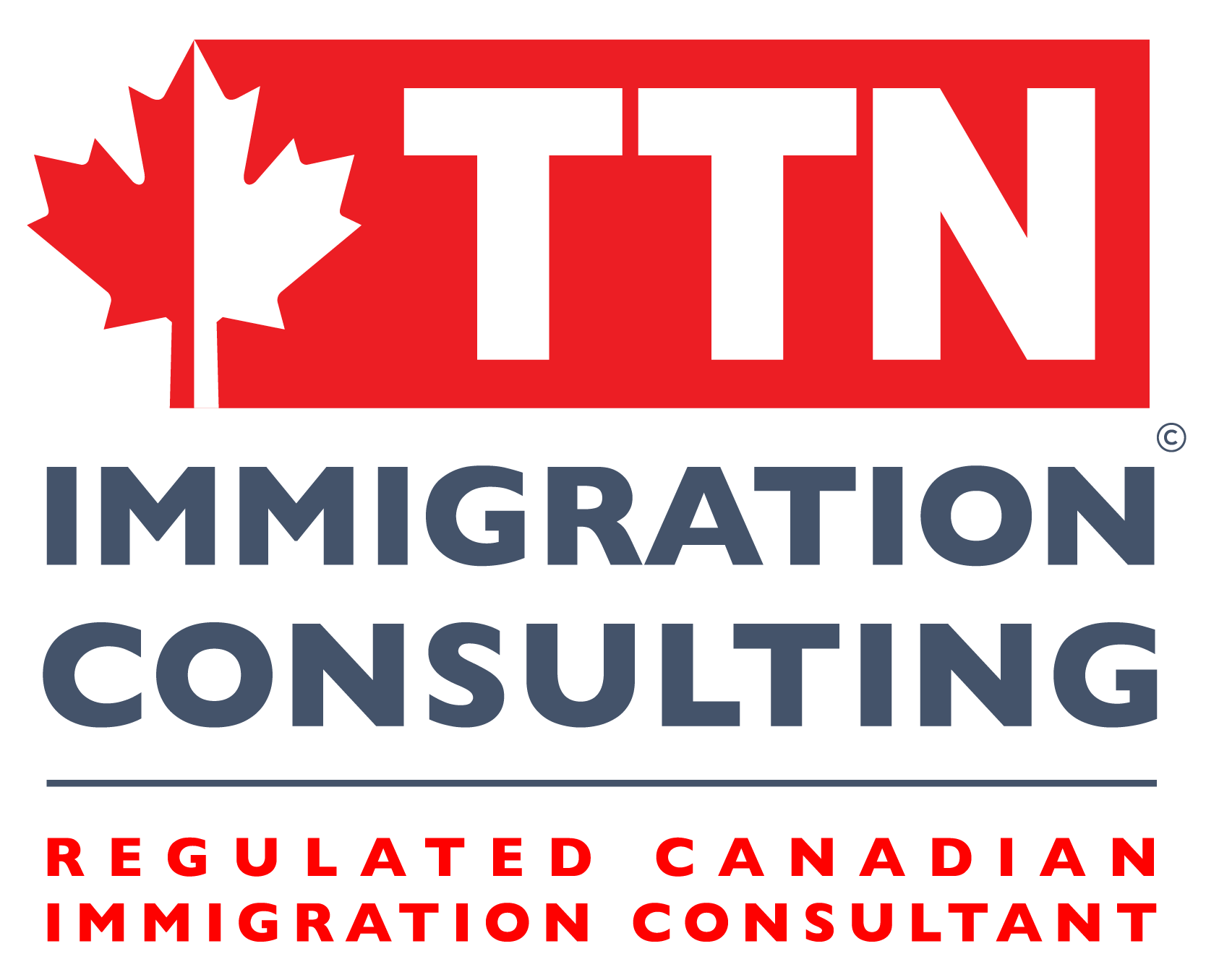Can children study for free in Canada with their parent's study permit?
To begin, parents seeking a study permit are encouraged to include their children in the application. Once the permit is approved, both the applicant and their dependent children are eligible to pursue education in Canada! Given that Canada offers free primary and secondary education, this means that children can access the country's world class education system of the nation without any financial burden.

Include children on study permit application
When applying to study in Canada, parents have the option to include their dependent children on their study permit application. In Canada, a dependent child is defined as any child under the age of 22. If the study permit is approved with the inclusion of the child, the child will be granted a visa allowing them to stay in Canada for the same duration as the parent's permit.
Once in Canada, children aged 18 and younger are permitted to attend Canadian elementary and secondary schools. The majority of these schools in Canada are public, meaning there is no tuition fee. Moreover, Canada is renowned for its high-quality education system, reassuring parents that their children will receive the excellent education they deserve.
Education in Canada for Children
In Canada, it's mandatory by law for all children to attend school, including the children of parents who are temporarily in the country for work or study. Fortunately, Canada's excellent education system provides significant benefits for students when they attend educational institutions in Canada.
The Canadian school system for children typically starts with elementary school and continues to high school, also known as secondary school. This educational journey comprises twelve grades, with students beginning at Grade One and progressing through one grade each year. Upon completion of Grade 12, students receive their high school diploma, qualifying them to pursue further education at colleges or universities.
Bringing your spouse
Numerous parents also inquire about the possibility of their spouse or partner joining them in Canada while they pursue their studies. Similar to children, an individual applying for a study permit has the option to include their spouse in their application. If the application is approved with the spouse as an accompanying dependent, the spouse becomes eligible for an Open Work Permit. This permit allows them to work full-time for any employer in Canada while their partner is studying.
Impacts on Study Permit Application
Depending on the particulars of a person's study permit application, including children and spouses could influence the immigration officer's decision to approve or reject the permit. In certain situations, including family members on a study permit application might imply that the individual's main intention isn't solely to study in Canada, potentially leading to a refusal of the application. If an applicant is concerned about this possibility, they may choose to apply to come to Canada independently and then later apply to sponsor their spouse and children to join them. If you have concerns about including your family members on your study permit application, it's advisable to seek legal advice.
If you are interested in studying in Canada, you can contact with TTN Immigration's Canada immigration consulting experts.

